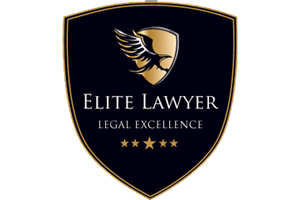- Free Consultation: (213) 251-5533 Tap Here to Call Us
Get Your Owed Wages from a Company that Went “Out of Business”

Employees who are victims of wage theft are unpaid for their work, damages, and penalties. Those employees can bring a claim to the court or the Labor Commissioner to receive the wages they are owed. Successful claims can lead to a judgment being filed against the employer. Previously, there were all too many times where an employer would go “out of business” to avoid paying anything. Instead of paying for the wages the employees are owed, the employer would reform under a successor company of a new name, making it extremely difficult for employees to receive their rightful wages.
However, there is good news! California has now issued a law that can help employees hold successors liable for unpaid wages, even if the judgment debtor(s) rebrand as a successor company. Enacted on January 1, 2021, Labor Code section 200.3 allows workers to easily receive their rightful money from a successor.
A debtor’s successor can be sued by a worker if any of the criteria are present:
- The judgment debtor uses a somewhat similar workplace or workforce to provide the same service as the successor company.
- Liability can be transferred to successors who use the same/similar buildings to provide the same services to clients, or use the same/similar workers.
- The judgment debtor has the same owners or managers that control the labor relations as the successor.
- Liability can be transferred to a successor company who employs the agents that controlled labor relations at the predecessor company.
- The judgment debtor has the same managing individual controlling the wages, hours and working conditions of an affected workforce at the successor company.
- Liability can be transferred if the predecessor and successor share the same managing individual who supervised the employee(s) who are owed the unpaid wages.
- The judgment debtor has a partner, owner, officer, or director who is immediately related to any partner, owner, officer, or director and operates in the same field as the successor.
- Liability can be transferred to a successor company that employs an immediate relative in a high-ranking position, and has a business in the same industry as the previous company.
It is important to note that only one of these criteria need to be met in order to proceed under Labor Code section 200.3.
Any of these criteria being present can result in an opportunity to sue the successor company, even if their former employer is now out of business. Labor Code section 200.3 gives a great advantage to employees seeking their rightful wages. Workers are now greatly benefited, as they can now get their rightful wages more easily.
Please note that the information provided on this website is for general information purposes only and is not to be construed nor relied upon as legal advice nor the formation of an attorney-client relationship. For a free consultation with Attorney Thomas M. Lee, please contact us.








